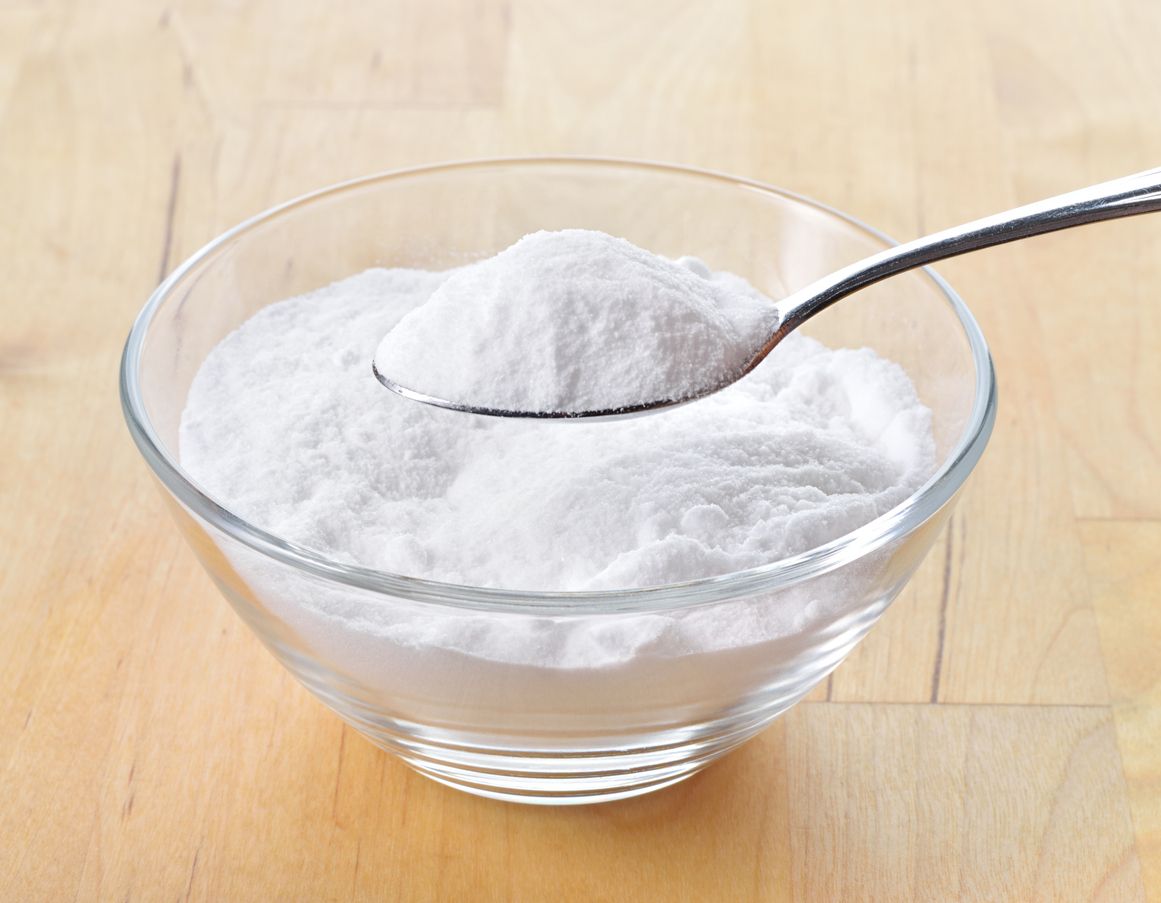How to Substitute Baking Powder for Baking Soda (and Vice Versa)
Learn how to substitute baking powder for baking soda to make healthier choices and still enjoy your favorite baked goods without sacrificing taste.
A commonly asked question by most people is whether you can substitute baking powder for baking soda and vice versa.
Baking soda and powder are leavening agents used in baking.
However, their chemical composition is different, but you can always substitute one for the other if it comes to that.
Baking Soda vs Baking Powder
Baking soda and baking powder are common leaveners used in baking.
When it comes to their chemical composition, baking soda is a base or alkaline.
If you mix baking soda and an acid, a bubbling reaction occurs. Because of that, baking soda is often used in baking recipes that have acidic elements like lemon juice, vinegar, yogurt, molasses, or buttermilk.
When baking powder and the acid come into contact, carbon dioxide bubbles are produced, creating leavening in the batter or dough.
Baking soda can also create leavening if heated, such as adding hot water.
On the other hand, baking powder is simply a mixture of dry acid and baking soda. Cream of tartar and cornstarch is used in baking powder to keep the baking soda and dry acid separate and in dry form.
Because baking powder already contains acid, you don’t need to add another acidic element to a recipe to create a leavening reaction.
Substitute Baking Soda for Baking Powder
If your recipe requires baking powder, but you only have baking soda, you can use it as a substitute:
- Ensure that you increase the acidic ingredients in your recipe to offset the baking soda.
- Use less baking soda since it is more potent than baking powder.
- For ½ tablespoon of baking soda, add a teaspoon of lemon juice or vinegar.
Substitute Baking Powder for Baking Soda
The opposite is true. In this case, you will need to increase the amount of baking powder you use in a 1:2 ratio.
Be careful, however, because your recipe may taste a little bitter. With the baking powder, you don’t need to add other acidic ingredients.
Making Homemade Baking Powder
It’s straightforward to make baking powder at home when you need it if you don’t want to use the store-bought one.
All you need is baking soda and cream of tartar. A good reason to make baking powder is that the store-bought one loses effectiveness after about 3 to 6 months, especially when exposed to air and humidity.
Besides cream of tartar and baking soda, you might also need cornstarch if you don’t want your baking powder to form clumps.
Since baking soda is more potent than baking powder, mix one-part baking soda and two parts cream of tartar.
So, if your recipe requires 1 tablespoon of baking powder, mix your baking soda and cream of tartar in a 1:2 ratio.
One thing to keep in mind about the homemade baking powder is that it is not double-acting. This means that it will start reacting as soon as it gets wet.
To prevent that, ensure that your batter doesn’t sit around for too long.
FAQ
Discover more helpful information about baking soda and baking powder.
What is the shelf life of baking soda and baking powder?
Baking soda and baking powder have a long shelf life because they don’t usually go bad.
However, chemical reactions occur if they sit on the shelf for too long. The reactions end up causing them to lose their effectiveness and therefore don’t leaven as they should.
At the same time, if you live in an area with high humidity, it can cause baking soda and baking powder to lose potency.
What does double-acting baking powder mean?
Most baking powders sold are double-acting. This means that leavening begins as soon as the baking powder gets wet and continues when heated.
This gives you baked goods an extra boost, and as such, you don’t have to worry about getting your dough to the oven quickly.
How long do baking powder and baking soda last?
How long your ingredients will last depends mainly on how you store them. If baking soda is stored in a sealed container in a cool place away from humidity, it can last for quite some time.
Baking powder is a little problematic, though. Depending on how it is stored, it can last up to three months to a year.
In case of high humidity, expect your baking powder after opening to last only a couple of months.
Unless you are making baking powder at home, always try and buy small cans that you can use for a few months.
How do you test whether baking powder or baking soda is still good?
The easy way to test if your baking soda is still good is to put a tablespoon or two in a bowl and add vinegar. If it bubbles up, it’s good to use.
For baking powder, put a little in a bowl and add some water. If it foams up, you can still use it for baking.
Conclusion
Baking powder and baking soda are two ingredients you can’t do without when making baked goods.
But, should you realize that you only have one of them when the recipe requires the other, you can use what you have as a substitute.

